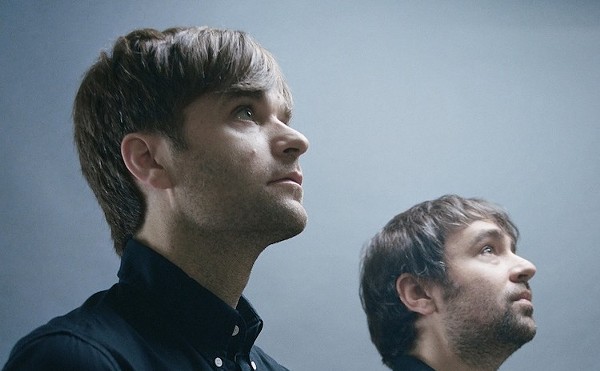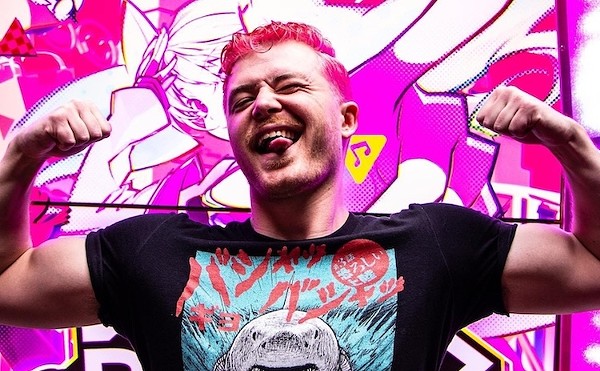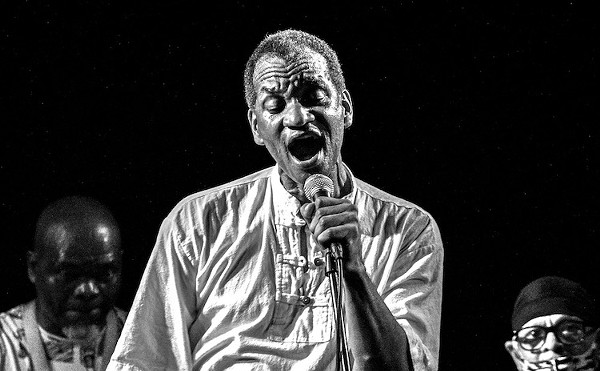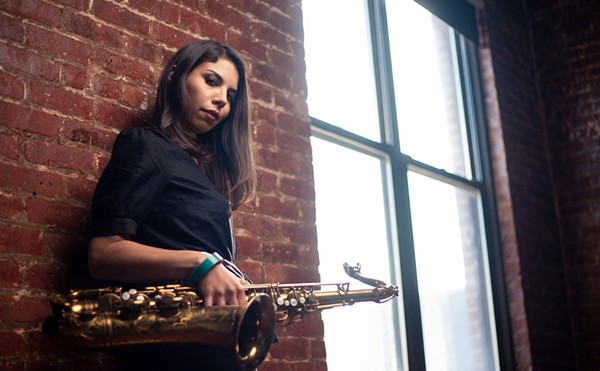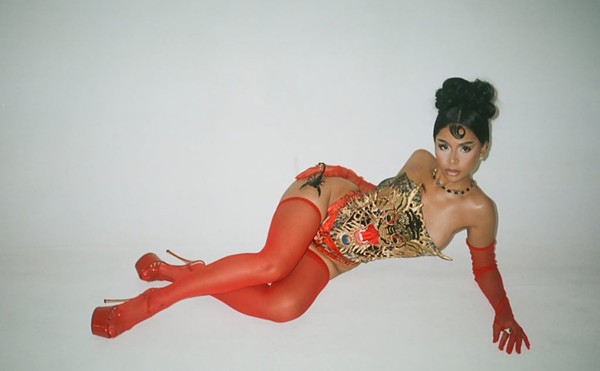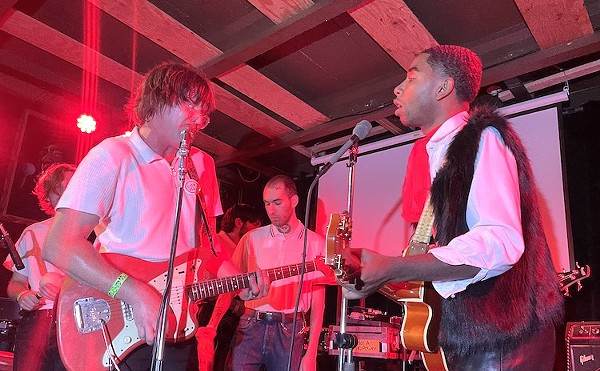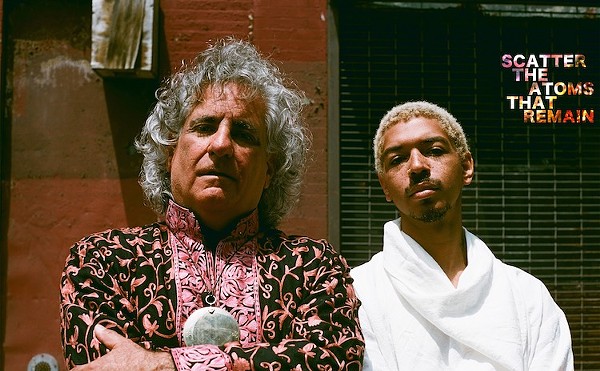RJD2
with the Constellations
9 p.m. Wednesday, Jan. 13
The Social, 407-246-1419
$13-$15
‘I'm just along for the ride," says RJD2, fresh off a decidedly un-hip-hop conference call, when asked if he still considers himself a hip-hop artist. "At no point did I have this mentality that, ‘Oh, well, I'm this kind of artist', or, ‘This is the kind of classification that I'd like to fall under.' That's really the long and the short of it, and that continues to this day. I don't have a desire to be understood as any particular type of artist. I don't even have that big a desire to be understood, period, you know?
Over the past 10 years and half as many solo releases, RJD2 has gambled with both the notion of artistic identity and the enjoyment of his fans, proving just as willing to confound as to entertain. Of course, that all depends on whether or not you insist on thinking of the 33-year-old Midwesterner as a DJ-producer, and what exactly you think that means.
When RJD2 first broke onto the scene as an artist with 2002's instant classic Deadringer, there was no doubt about his place in the musical spectrum: He was a flea market—scavenging vinyl alchemist, warping far-flung drum breaks and esoteric samples into a raging inferno of instrumental hip-hop.
To him, though, this stature is less emblematic of his intent than it is of the climate in which it took shape. "When I first started making records, everything was vinyl and samplers, and it was very much just sample-based music, so I feel like I only had one format to work on. In a way, I was trying to cover as many bases as I could, and I just had one writing medium." That medium proved amenable to the dusky, aggressive and ominous sounds RJD2 had in his head at the time, and he proved adept at seamlessly stitching bits and pieces into an immense, often claustrophobic sound.
2004's Since We Last Spoke left heads spinning with its wild eclecticism, jumping from classic soul to synth pop to sludge-rock workouts. Still, RJD2 stayed more or less true to his formula of rummage-sale records and a deft hand at the sampler, tipping his hand that he had more in mind than straightforward down-and-dirty hip-hop production.
The lean that started on Spoke eventually found expression on 2007's controversial The Third Hand, on which RJD2 stepped fully away from the sampler. The collection was strikingly different from the hip-hop head games of Deadringer, and featured pop and rock arrangements and live instrumentation throughout.
"The point of that record, everything down to the title of it, was I was trying to see how far I could get without using any other resources besides myself. It was essentially … lock yourself in a room and see how far you can get with just yourself.
"Fast-forward to now," says RJD2, "and I've got a lot more writing mediums, and that kind of exploratory nature or intent is still really there. I'm sort of approaching every song on its own basis and merits, and trying to do something fun, interesting, exciting, every time I sit down to do music, whether it's behind a sampler or on a keyboard or behind a drum kit or whatever."
"Now" refers not just to the producer's heightened profile thanks to the success of the TV show Mad Men, the opening theme of which he wrote and produced, but to his upcoming album, The Colossus (scheduled to be released Tuesday), which does a remarkable job of amalgamating his varied approaches to songcraft into one cohesive statement.
"It was intended to be a working methodology," says RJD2. "I've always been obsessed with how I can progress what I'm doing. This is the first record that I felt it was kind of an appropriate time, and it just felt natural, for whatever reason, for me to just kind of take a breather and look back on all the different frameworks or methodologies I've used to make music over the years."
The album flits from live instrumentation to strict sampling, melodic vocals to guest-slotted rappers, and even features RJD2 on drums for the first time. By making an album as wide-ranging and seemingly scattershot as The Colossus, RJ has managed to make his most cohesive statement.
"You might as well shoot for trying to be expansive, and trying to get out of that, having that signature or thumbprint on everything that you do. By and large, you're not going to be successful. Most people don't even have the capacity. I don't think that I have the capacity to escape the trappings of my tendencies. So I've just kind of thrown caution to the wind, like, you know what, I'm not going to worry about that stuff. I'm not going to try to bring it together because, if anything, it's not necessary. By nature the music that most artists are going to make, it's going to innately have cohesiveness.
"I hope that people enjoy listening to the records that I make. That's the best that I can hope out of the thing, really."
[email protected]



